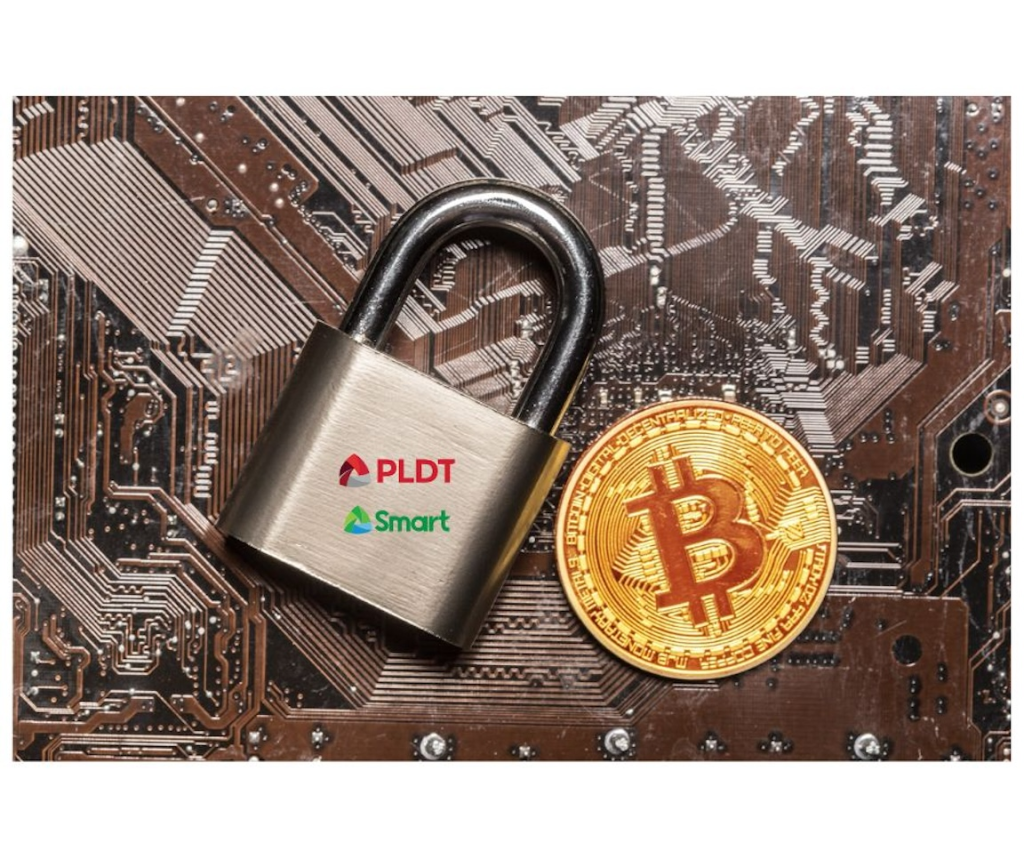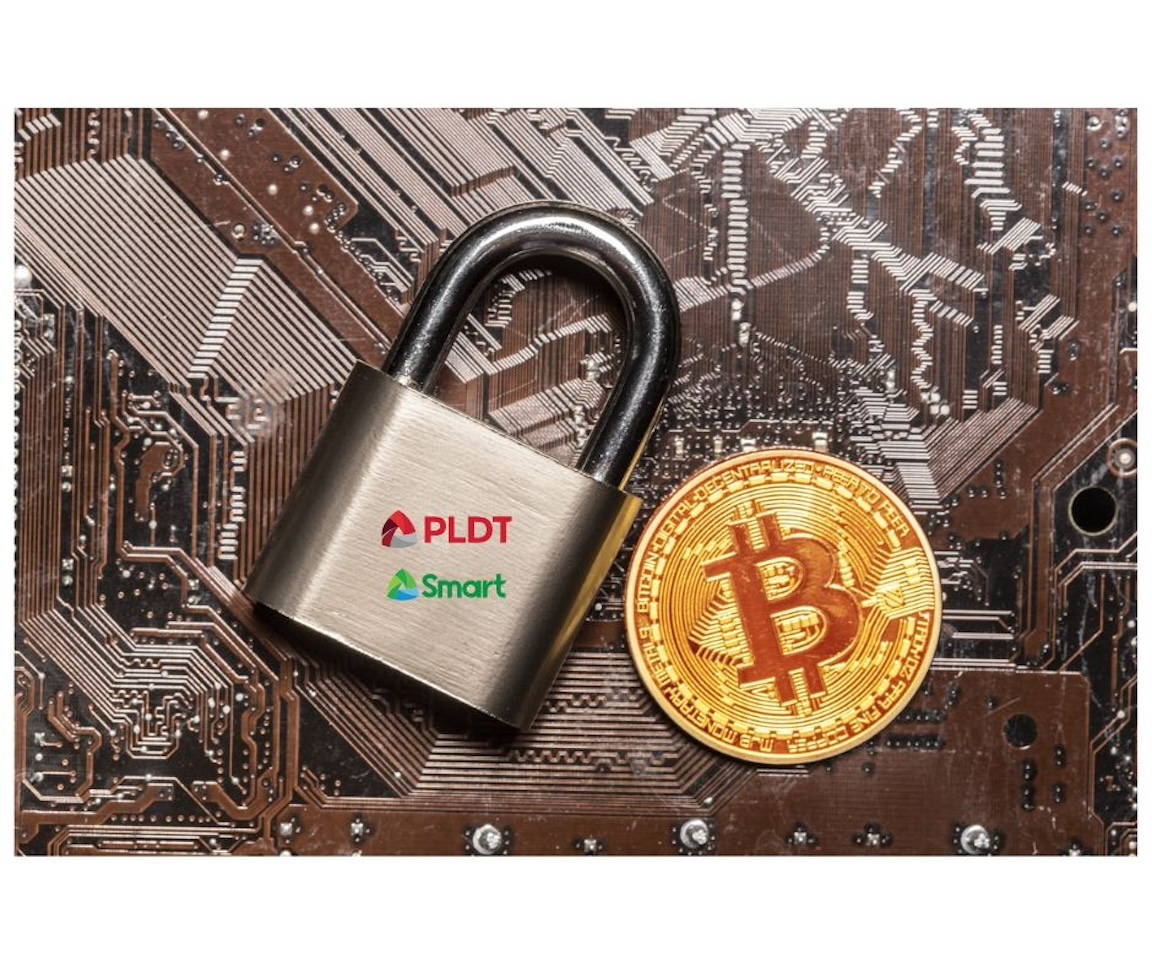by Edielyn Mangol, Reporter
In a decisive move to protect Filipino investors and uphold regulatory compliance, PLDT Inc. and its wireless arm, Smart Communications, have blocked access to ten crypto exchanges flagged by the Securities and Exchange Commission (SEC) for operating without licenses.
This action underscores the growing vigilance of Philippine authorities and internet service providers in addressing the risks associated with unregistered digital asset platforms within the country.

SEC’s warning on unregistered crypto exchanges
The SEC recently issued an advisory highlighting the risks posed by certain cryptocurrency exchanges that failed to register under its new regulatory framework for crypto asset service providers (CASPs). The exchanges named were OKX, Bybit, Mexc, Kucoin, Bitget, Phemex, Coinex, Bitmart, Poloniex, and Kraken.
According to the SEC, these platforms lack proper authorization, exposing users to significant dangers such as total loss of funds, absence of legal recourse, fraud, market manipulation, identity theft, and even the potential use of these platforms for money laundering and terrorist financing.
The advisory aims to educate the public on the protective measures needed when engaging in cryptocurrency trading, emphasizing the importance of transacting only with SEC-registered entities that adhere to strict compliance standards. The regulatory body’s stand reflects the Philippine government’s broader agenda of promoting financial security and consumer protection in the fast-evolving digital economy.
PLDT and Smart’s network restriction efforts
Following an order from the National Telecommunications Commission (NTC), PLDT and Smart took swift action to restrict access to the ten flagged crypto exchanges across their networks. Roby Alampay, FVP and Group Head for Public Engagement, stated that the companies “work closely with government regulators to protect Filipinos from potential threats.”
The blocked web addresses associated with the unregistered exchanges can no longer be accessed by users on PLDT and Smart’s services. This move aligns with PLDT and Smart’s ongoing commitment to cybersecurity, which has also seen their Cyber Security Operations Group prevent over 100 billion attempts to access malicious domains during the first half of 2025 alone. By curtailing access to dubious platforms, these firms are reinforcing their role as critical gatekeepers in the digital financial landscape.
Broader implications for PH fintech and investor protection
The blocking of these crypto exchanges marks a significant step in enhancing the regulatory environment around digital assets in the Philippines. It sends a clear message to investors and fintech operators alike that adherence to legal frameworks is non-negotiable in ensuring market integrity and consumer safety.
Moreover, it highlights the increasing collaboration between telecommunications providers and government agencies to combat online financial threats. As the Philippine fintech ecosystem continues to expand, such regulatory enforcement actions will be crucial in fostering trust among users and promoting responsible innovation.
Investors are encouraged to conduct due diligence and transact only on platforms with verified credentials, while service providers are reminded of their duty to maintain secure and lawful digital environments.
Safeguarding the digital frontier
PLDT and Smart’s decision to block access to ten unregistered crypto exchanges flagged by the SEC exemplifies proactive measures against unregulated digital finance activities that pose risks to Filipino consumers. This coordinated regulatory and enforcement approach enhances investor protection and strengthens the country’s cybersecurity posture, setting a precedent for other service providers and regulators as the Philippines aims to lead in secure and inclusive digital finance.
More than just a response to a regulatory call, it reflects a forward-looking vision—one where technological progress is matched by unwavering commitment to public trust. By shutting down unsafe gateways today, the Philippines is laying the foundation for a digital economy where innovation thrives, investors are protected, and every click moves the nation closer to a safer financial future.








